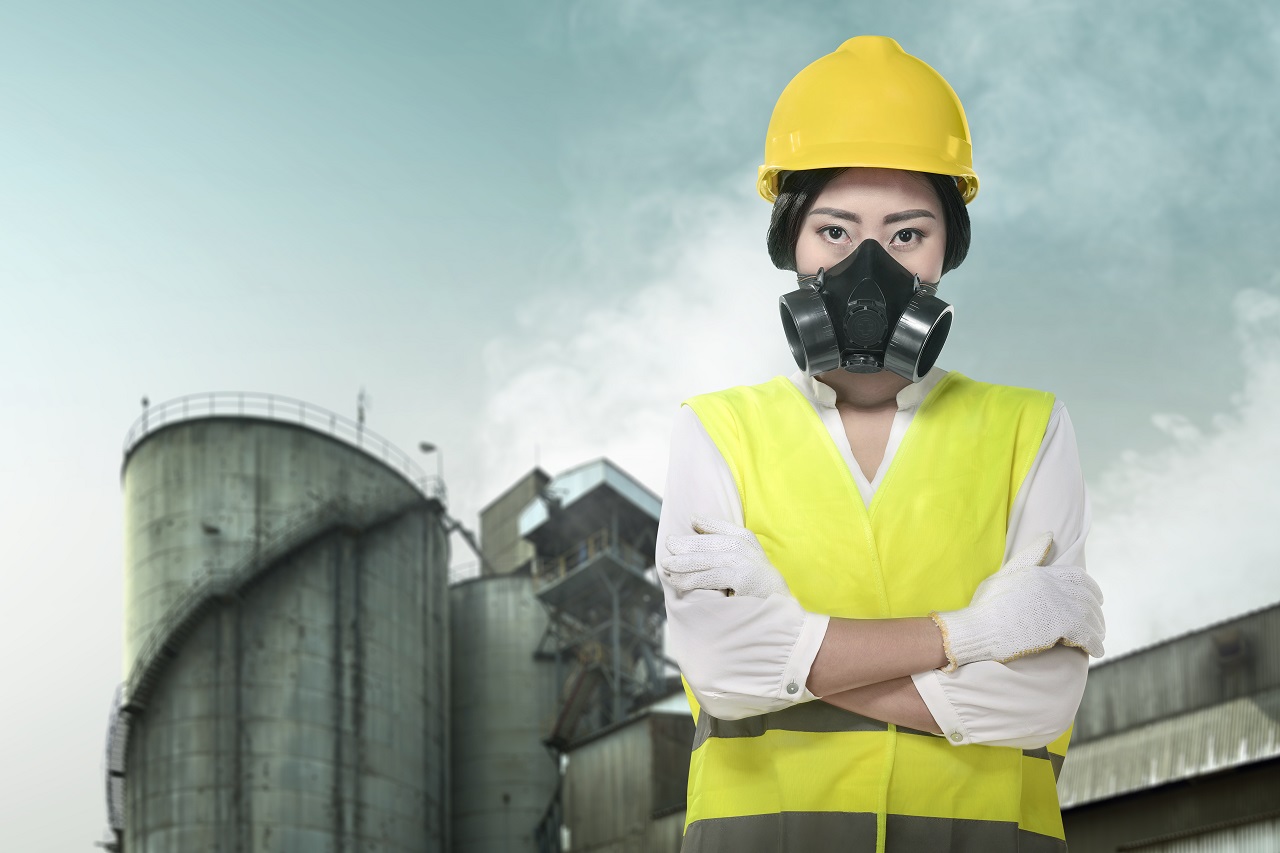What are the different kinds of waste products produced by manufacturing industries?
- Solid waste
- Chemical waste
- Air pollutants
It is common knowledge that industrial processes come with their own respective waste products which can be harmful to people, the environment, and everything in between. Thus, waste management is one of the top concerns that industrial parks tackle every day.
One key to effective waste management is knowing the different kinds of waste produced and how to handle them. As you would come to read, different types of waste need to be treated in specific ways. This means that there is no ‘one-size-fits-all’ approach.
Arming yourself with the necessary information can go a long way if you want your operations to cause the least amount of harm to the environment. That being said, here are the different kinds of waste produced by manufacturing industries.
Solid waste

The most common type of waste is the solid kind. In many industrial services, especially in manufacturing, there are a variety of solid waste materials that are produced. This includes but is not limited to paper, cardboard, plastic, wood, and scrap metal.
The good news here is that some of these solid waste materials can be reused and recycled. All it takes is the necessary facilities or recycling centers to do so. Without a comprehensive waste management program, your waste disposal endeavors can become costly and harmful to the environment. While recycling can also be relatively expensive, it is still considered to be more cost-effective than usual solid waste disposal methods. Traditional methods often involve offloading them to landfills and other dumpsites.
Most, if not all, industrial parks have recycling centers readily available wherein streamlined recycling processes can be done in the most efficient manner. This is why manufacturing industries are slowly relocating to industrial parks when there is an opportunity to do so.
Chemical waste

Another type of waste product that is common in manufacturing is chemical waste. It is typically generated by factories, warehouses, processing centers, and industrial plants. There are many different kinds of chemical waste as there are thanks to the equally many chemicals being used in production processes. They can affect different aspects of the environment because chemical waste can be dumped in land or water.
Chemical waste and the residue they leave are often seen as dangerous and harmful. This is why there are strict waste disposal guidelines that must be followed. For example, chemical waste must be segregated on-site and a trained specialist should be the one handling the disposal. This is done in compliance with health, safety, and legal requirements. Proper chemical waste disposal procedures are regulated by various government agencies and institutions. Failing to comply usually ends up in fines and/or a suspension of operations.
Air contaminants

The last type of waste product that will be discussed is the air pollutants that contaminate the air in the immediate surroundings. These can be the smoke particles and harmful gasses comprised of carbon, nitrogen, and sulfur oxides that are produced through the combustion of different materials.
Some of the other common industrial processes that contribute to air pollution are:
- Burning of fossil fuels like coal
- Mismanagement of solid waste at landfills
- Noxious fumes that come from paints, solvents, and plastic production
- Nuclear accidents and radioactive chemical waste
There are many ways to control particular matter in the air such as using scrubbers, electrostatic precipitators, and baghouse filters. All these equipment do a reasonable job of controlling the spread of pollutants in the air. But, the best way to protect air quality is to reduce the emission of pollutants by choosing cleaner fuels and processes.
Key Takeaway
Now that you’ve read about some of the most common types of waste products that can be produced by different industries, you will be better prepared to tackle the challenges they may pose in the future. Especially if you are part of a company, organization, or firm that produces such waste.



